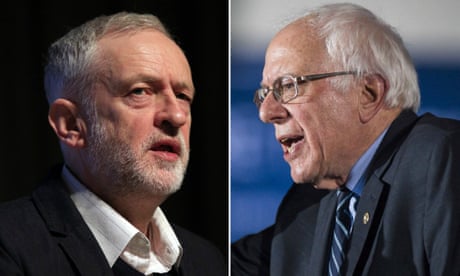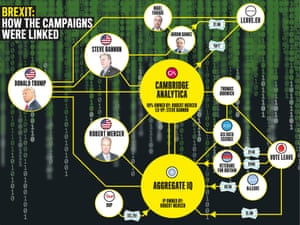Jeff Bezos and Winston Churchill do not have much in common, but one is chief executive of a company that is valued at $770bn and the other stopped the Nazis invading Britain, so the advice of both is worth heeding. Amazon’s founder and the UK’s wartime prime minister agreed on one thing: the value of a good memorandum.
Mr Bezos’s recent letter to shareholders extolled the Amazon practice of starting all internal meetings by everyone present reading a memo of up to six pages, explaining what they are there to discuss. Instead of watching a PowerPoint presentation, or breaking into an immediate debate, Amazon’s executives spend up to half an hour in complete silence, absorbing the briefing that one of them has prepared.
“This is the weirdest meeting culture you will ever encounter,” Mr Bezos admitted in one interview. The principle is that an executive must refine his or her proposal so fully to express it in narrative form that everyone will be able to understand it. Reading the memo means that all those in the room are informed for the conversation that follows, and are not merely bluffing.
Churchill would have appreciated the attention Mr Bezos has given to this. On August 9 1940, a month before the Blitz bombing of London started, he dictated a memo to the UK civil service on the subject of memos. “To do our work, we all have to read a mass of papers. Nearly all of them are far too long.” he declared. “The discipline of setting out the real points concisely will prove an aid to clearer thinking.”
Amazon’s approach sounds eccentric, but there is a lot of value in it. Most large companies have too many meetings in general — some executives spend their days traipsing from one airless room to another — and too many of them are disorganised and sprawling. People spout off without knowing much about the topic, or caring whether they do: it becomes a battle of rhetoric.
Mr Bezos is a student of managerial efficiency — Amazon itself is a huge machine for sucking inefficiency out of the retail industry. He has grasped that starting out with everyone knowing the basics makes the debate both better informed and more democratic. There is less chance of a decision being taken arbitrarily or ignorantly, or of a clique of two or three people in the room controlling the outcome.
The surprising aspect is his faith in narrative, rather than the data on which Amazon relies. You might have thought that data would rule decision-making at Amazon, but not so. He said: “We have so many metrics . . . and the thing I have noticed is that when the anecdotes and the data disagree, the anecdotes are usually right. There’s something wrong with the way you’re measuring.”
He believes in telling a story vividly, rather than relying on data or graphics, or packaging a business case in bullet points on a slide. Some Amazon memos can be almost like dramas: a typical memo for a new product comes in the form of an imaginary press release for the service, backed by a question and answer brief written in a way that a customer would understand.
Churchill, a journalist turned politician, was equally a devotee of strong narratives that could shape policymaking. “Let us not shrink from using the short expressive phrase, even if it is conversational,” he instructed his civil servants, warning them that “most of these woolly phrases are mere padding, which can be left out altogether”.
He and Mr Bezos also agreed on the correct place for any data and slides: somewhere at the back. “If a report relies on detailed analysis of some complicated factors . . . these should be set out in an appendix,” Churchill declared. Amazon’s data-rich executives must obey the same rule.
Conciseness can be taken too far. Staff at the US National Security Council were told to trim their policy memos to a single page for Donald Trump because he did not like to read too much. Then it turned out that the president wanted what one official described to the New Yorker as “two or three points, with the syntactical complexity of ‘See Jane run’”, and preferred pictures.
But preparing a crisp narrative is much harder work than spraying around some sentences on a slide. It requires someone to pause and not only to think through the thread of the argument, but to shape it in a way that can inspire others. Churchill could do that on his feet; the rest of us must concentrate. As Mr Bezos notes, it takes a lot of effort to write a “brilliant and thoughtful” corporate memo.
The impact of narrative is clear in public speaking. The Technology, Entertainment, Design conference became a global brand by forcing speakers to hone their “Ted talks” ruthlessly for months in advance. No one is allowed to get on stage and improvise some thoughts. A corporate meeting is not a Ted event, but it is still a gathering that needs to be educated.
Churchill, for whom making well-informed decisions was a matter of life and death, devoted some time on a day when Birmingham was bombed to setting out how to write memos. Mr Bezos has done extremely well for Amazon by appreciating the value of briefing his executives thoroughly. We should probably listen to them.






